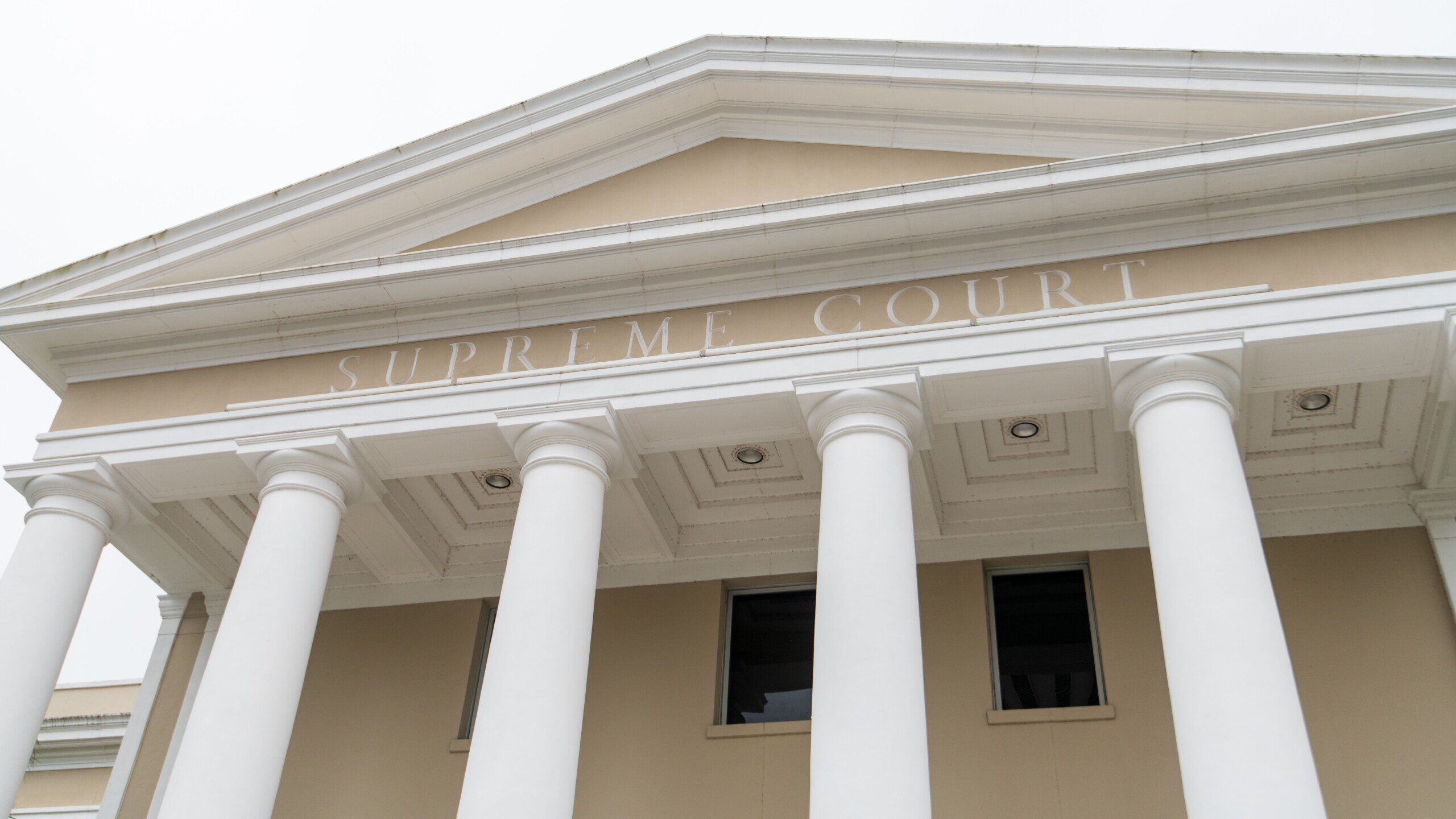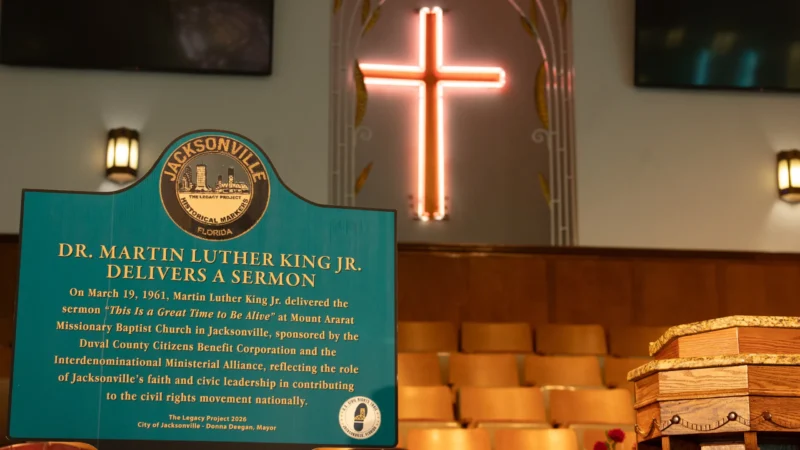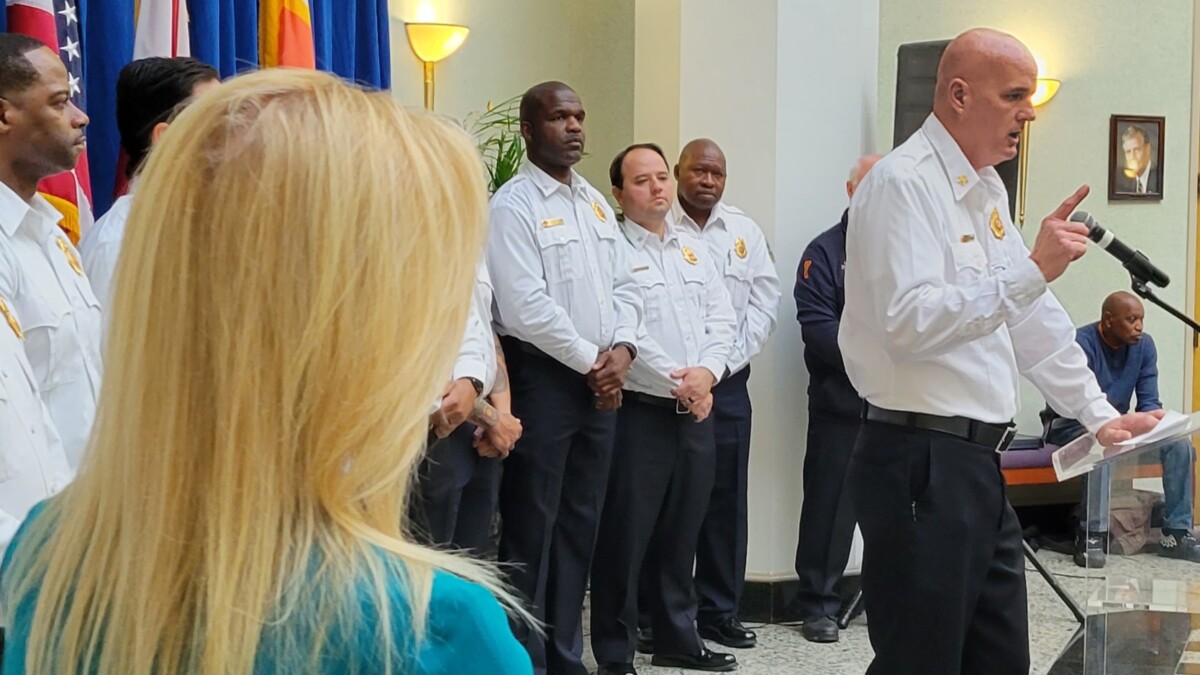In a major ruling with broad implications across Florida, the state’s Supreme Court said Thursday that a constitutional amendment voters passed in 2018 known as “Marsy’s Law” does not guarantee victims of crimes a categorical right to keep their names secret.
The justices said the amendment’s provisions to allow crime victims to withhold their names from public disclosure directly conflicts with two other guarantees in Florida’s Constitution: the right of criminal defendants to confront their accusers and the right of people to inspect or copy public records.
“Marsy’s Law guarantees to no victim — police officer or otherwise — the categorical right to withhold his or her name from disclosure,” the conservative-majority court said in a unanimous ruling. Justice Meredith L. Sasso did not participate in the decision. The court added, “There is no textual basis in Marsy’s Law for the idea that victims’ names are categorically immune from disclosure.”
Still, the Supreme Court said nothing prevents the Republican-controlled Legislature — which begins its annual session in January — from passing a new state law expanding what types of information might be exempt under Florida’s public records law. GOP lawmakers in Tallahassee have been receptive to requests from law enforcement for changes to laws in the past.
“Today’s decision neither weakens these various exemptions of certain information from public disclosure, nor prevents the Legislature — in performing the constitutional function reserved to it and not to us — from expanding them,” the court said.
Since voters passed the amendment, police agencies and sheriff’s offices have routinely censored details about victims of crimes — even names of people in car crashes — and cited as justification Marsy’s Law, named for a young victim whose ex-boyfriend stalked and murdered her. Part of the law requires that families of crime victims be kept informed about official proceedings.
In the case that brought the question before the court, two Tallahassee police officers in 2020 were separately threatened by assailants and shot and killed in self-defense. The officers said they were victims of a crime themselves, and their police union sued to prevent the release of the officers’ names to news organizations covering the incidents.
“Today’s decision is a win for government transparency,” Mark Caramanica, a Tampa attorney for a coalition of news outlets, said in a statement. “The court applied a common sense approach to interpreting Marsy’s Law that reins in overzealous applications that hide newsworthy information from the public.”
The court said the names of the Tallahassee officers can be publicly revealed.
“Marsy’s Law does not preclude the city from releasing the names of the two police officers whose conduct is at issue,” it said.
Caramanica is a graduate of the University of Florida and adviser to the university’s College of Journalism and Communications.
This story was produced by Fresh Take Florida, a news service of the University of Florida College of Journalism and Communications. The reporter can be reached at sandra.mcdonald@ufl.edu. You can donate to support the students here.
Lead image: The Florida Supreme Court building in Tallahassee. | Katalina Enriquez, Fresh Take Florida






